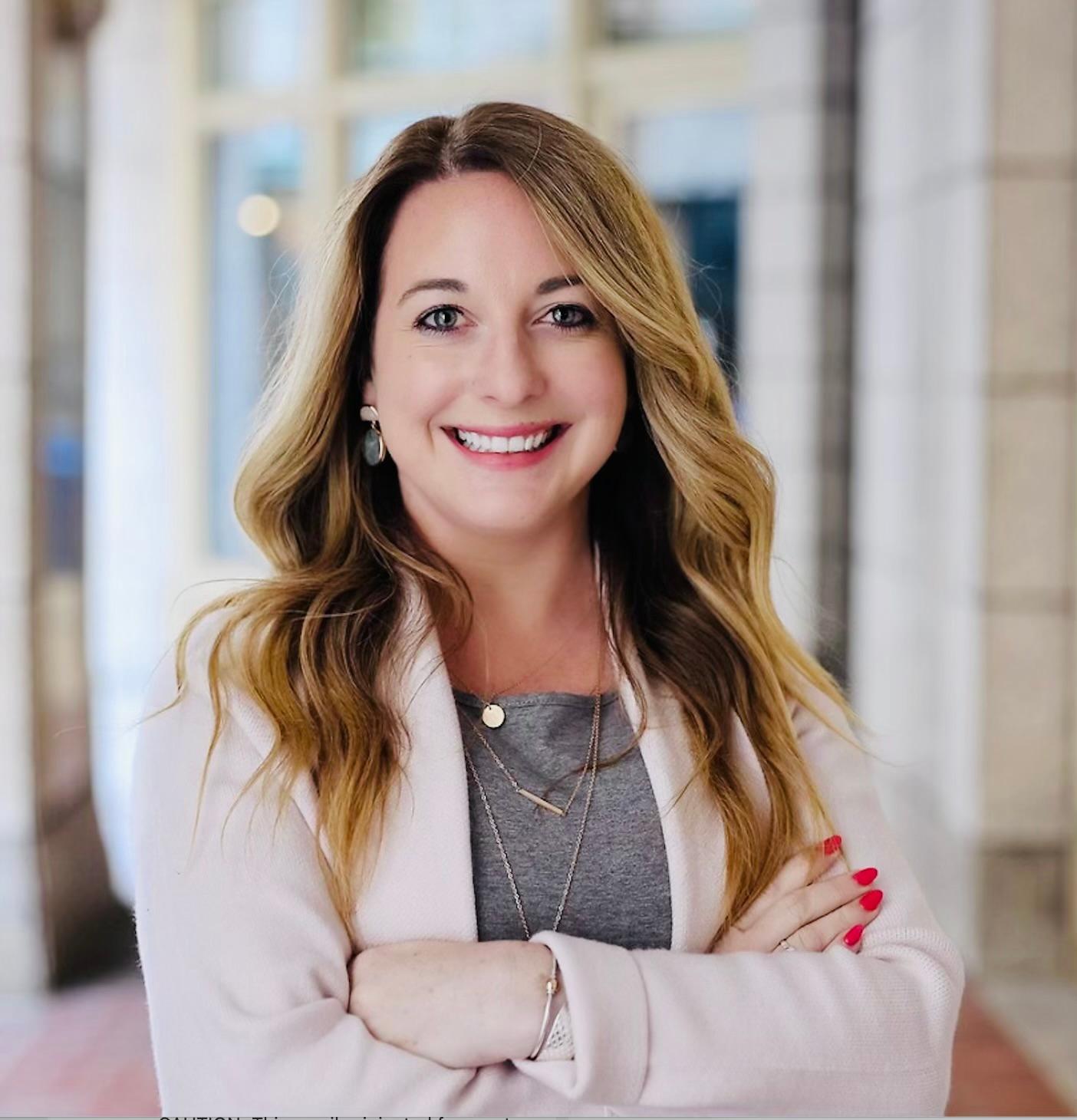Publishing Executive Explains Why Fighting Against Book Bans Is Important

In the landscape of contemporary literature, book banning has surged, posing a significant threat, according to opponents, not only to intellectual freedom but also to the very essence of diverse storytelling.
Book banning is especially detrimental to marginalized communities—groups that have historically struggled for representation in literature. According to The New York Times, 95% of all fiction published since 1950 was authored by white writers, which signals to her the publishing industry still has a long way to go in diversifying its narratives.
Carrie Bloxson, senior vice president of culture and diversity at Hachette Book Group, talked with Her Agenda to discuss the critical importance of fighting against this trend, drawing from her background in both publishing and social justice advocacy.
“At Hachette, our mission is to make sure that we can get books in the hands of every reader,” she said. “When I think about my role and the mission of Hachette, it feels like [working against] book bans is central to the work that we do, the work that’s really important to make sure that we’re servicing all readers, especially the communities that have been long excluded from the mainstream narrative of books that have been published.”
An Increase In Book Banning

In the 2023-2024 school year alone, there were over 10,000 instances of book bans—more than double the previous year’s numbers. This surge signals a systemic issue, a challenge to the diversity of literature that is vital for fostering understanding and empathy among readers, she said.
“These bans are not isolated events,” she added. “It’s a challenge to intellectual freedom and diversity in literature, so if we’re not looking at the issue systemically, we have to look at what the long-term consequences may be.”
For her, reading Toni Morrison’s seminal work, The Bluest Eye, later in life brought profound realizations about beauty hierarchies and the socio-economic challenges faced by individuals of color. She recalled a quote from Morrison, which was part of an interview about the publishing process, resonated deeply with her in today’s context, highlighting the ongoing struggle against censorship.
“Morrison said, ‘We do not want gatekeepers holding us back from stories and experiences that come to light because we aren’t even aware of what we might be missing in American literature.’ To this day, that still holds power.”
Book Bans And Classrooms
The impact of book bans extends beyond simply removing titles from shelves; it affects what is taught in classrooms and what children are exposed to in their formative years, she said. As Gen Z and Gen Alpha emerge as the most diverse generations in history, the urgency of preparing young minds to embrace this complexity cannot be overstated, she said.
“It’s not only limiting what shows up in your school library or what gets published, it’s also limiting what we’re teaching our kids, what we’re talking about in classroom,” she added. “It’s not just about losing access to books; it’s about losing access and the ability to engage with the complexity of our world.”
Book Bans Disproportionately Impact Marginalized Communities

She also highlighted a troubling correlation: the majority of banned books disproportionately target narratives from people of color and the LGBTQIA+ community. This trend, she argues, is rooted in fear—fear of change, fear of new perspectives, and fear of losing control over the dominant narrative.
“These are stories that we’re trying to amplify,” she said. “We need to be particularly active in making sure that we are setting up a world, or publishing company, where the stories and experiences are essentially for fostering understanding and getting the word out there.”
How We Can Take Action
As an advocate for proactive measures against book banning, the publishing executive said parents and caregivers should introduce children to a diverse range of literature at home, fostering empathy and understanding. Engaging with local representatives and advocating for the importance of diverse narratives in schools and libraries can create a ripple effect that challenges the status quo, she said.
Additionally, she indicated that voting in local elections holds significant power. The decision-makers at local school boards and library councils influence the availability of books in communities.
“The single most important action anyone can take is to vote,” she said. “These are real decision makers making policy changes for books that are showing up in your local schools and libraries.”






